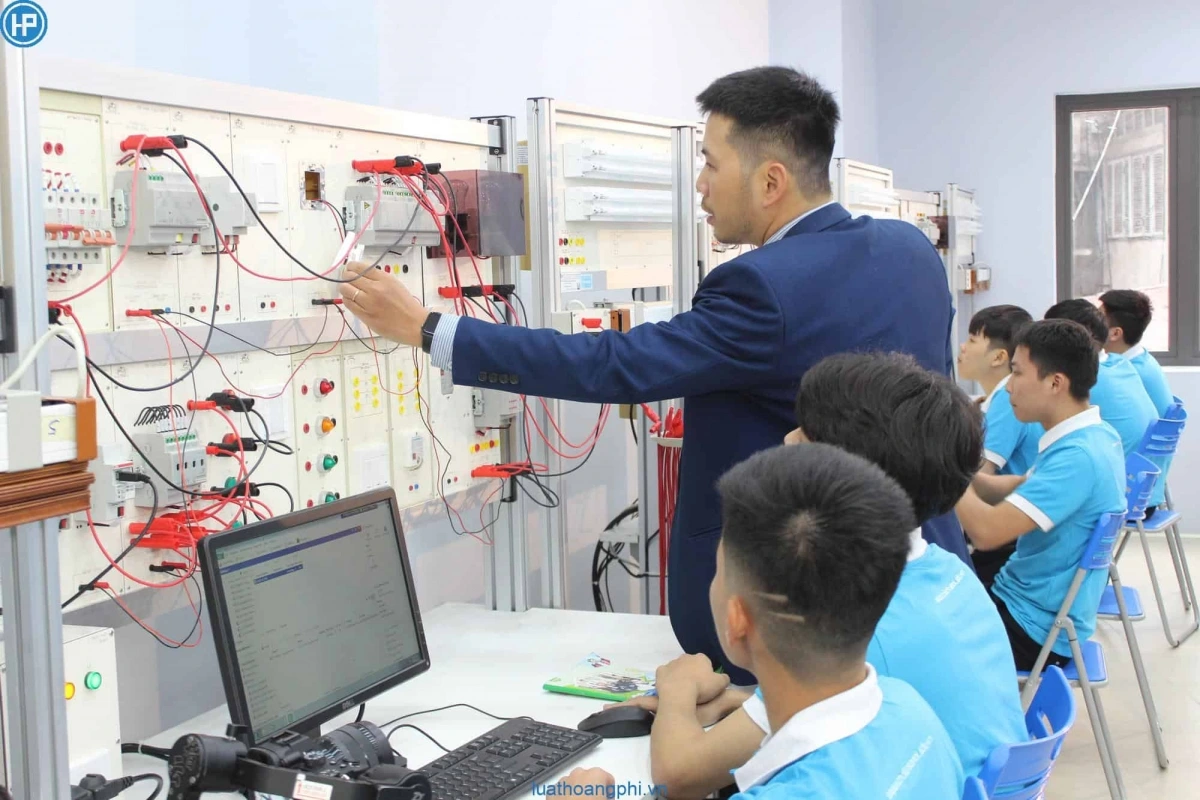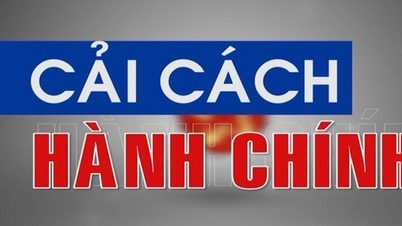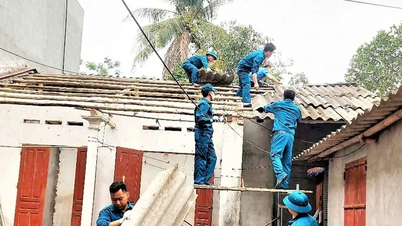Reduce pressure, pave the way for systemic reform?
Minister of Education and Training Nguyen Kim Son said that the majority of opinions support the removal of the exam and the issuance of junior high school graduation certificates. Meanwhile, the high school graduation exam is still considered necessary in the current period.
He explained that amending three education laws at the same time is a major institutional reform, paving the way for the education system to meet new requirements. The three current laws regulate different levels of education but have many points of intersection such as the division after junior high school - high school, the connection between levels of education, output standards or the national qualification framework. If they continue to be amended separately, it will easily lead to conflicts and overlaps.
The goal of the law amendment is to build an open, flexible education system, creating conditions for lifelong learning, helping students to connect between high school - vocational training - university more easily.
Eliminating the secondary school graduation exam and diploma only makes sense when accompanied by a clear solution to streamline and improve the quality of vocational training.
Many parents expressed their agreement, saying that eliminating the junior high school graduation exam would reduce unnecessary burdens on students, while encouraging real learning and real testing throughout the learning process. Ms. Nguyen Hai Yen ( Hanoi ) said: “The exam should be replaced by tightening periodic testing to assess actual abilities. By eliminating the graduation exam, students will have more time to rest and prepare for the 10th grade entrance exam, avoiding the situation of “taking one exam on top of another” causing pressure.”
However, Mr. Pham Minh Quan (Hanoi) expressed concerns about the transparency if this exam is removed. Currently, the exam reflects the quality of education quite accurately. If schools are allowed to conduct the exam and grade themselves, it will be difficult to ensure objectivity, and the risk of "buying points" to have a good report card is real. Meanwhile, Thuy Ha's parent said that if the report card is considered without a common exam, students from poor families will be disadvantaged when competing to get into good schools.
Tran Duc Hoang, a 9th grader in Hanoi, shared: “If we don’t have to take the graduation exam, I’ll feel more relieved, but I’m also worried that if there’s no common exam, each school will have a different assessment, which might be unfair to students from other places. Moreover, there needs to be a clear vocational training roadmap so we can choose the right path.”
Some opinions also suggest that we can consider eliminating the high school graduation exam, replacing it with a review of academic records combined with clear career orientation. Students who do not wish to go to university can receive a diploma based on their academic results to register for vocational or intermediate training; while those who want to take the university entrance exam will focus on taking a separate entrance exam.
From exam abandonment to real streaming after grade 9
In the long term, many opinions believe that abolishing the junior high school diploma will contribute to promoting vocational training after grade 9, something that the Vietnamese education system has been slow to implement. One parent suggested that 9 years of school should be considered a basic program; after that, students can choose to study for 2-3 more years to enter university, or switch to vocational training that integrates equivalent specialized knowledge. This approach helps balance the workforce, reduce pressure on universities and create equal opportunities for students.
Ms. Le Thi Kim Chi (parent of a 9th grade student, Ho Chi Minh City) expressed her agreement: “I think removing the graduation certificate will help reduce pressure for children. Many families now have to invest heavily in this exam even though it does not actually decide much. If there is a clear vocational training path, children can choose the right direction without having to chase after degrees.”
Education experts say that eliminating the secondary school graduation exam and diploma only makes sense when accompanied by a clear streaming solution, avoiding the situation of "abandoning the exam but having no way to continue".
Dr. Le Viet Khuyen, Vice President of the Association of Vietnamese Universities and Colleges, said that the major bottleneck lies in the vocational education system, which is not attractive enough. If exams are eliminated, there needs to be alternative assessments to ensure output quality, while also building a clear learning path for vocational students, not stopping at intermediate level but being able to continue their studies to college or university if they have the capacity and need.
Associate Professor Dr. Tran Thanh Nam (University of Education - VNU) emphasized that effective streaming is not possible if society still has the prejudice that "vocational training is bad". Strong communication is needed to change perceptions, turning success stories from vocational students into positive role models. When parents and students see the practical value, streaming will be sustainable.
National Assembly delegate Nguyen Van Huy said that abolishing the junior high school diploma would avoid the mentality of “having a diploma is enough”, which has caused many students to stop after grade 9 instead of continuing their studies or learning a trade. He emphasized that the mentality of formal diplomas is creating a “bottleneck” in the stream. However, Chairman of the Committee on Culture and Society Nguyen Dac Vinh suggested that the abolition of the junior high school diploma should be carefully considered. The junior high school diploma is currently proof of completion of the basic education stage, and is also a mandatory criterion for taking the entrance exam to grade 10. Early last year, the Ministry of Education and Training abolished the academic ranking on this diploma to reduce pressure on achievements.
Many parents believe that educational reform is necessary, but there must be a clear roadmap, coupled with innovation in assessment and strong investment in teachers and vocational education so that students have many real choices.
The policy of abolishing the secondary school graduation exam and diploma is expected to reduce pressure and open up new directions for students after grade 9, especially vocational training. However, for this reform to be effective, a synchronous strategy is needed: innovating assessment, ensuring fairness, improving the quality of vocational training and changing social awareness.
| "Many countries such as the US, Canada, UK, Australia, and Finland do not issue junior high school diplomas but only use the principal's confirmation to consider continuing to higher education. In Vietnam, the policy of universal education up to grade 9 has achieved nearly 100% of students completing the program, so changing from "diploma" to "confirmation" will not affect students' rights, but on the contrary, it will reduce procedures and costs" - Minister of Education and Training Nguyen Kim Son. |
Source: https://baolaichau.vn/giao-duc/bo-thi-tot-nghiep-thcs-can-lo-trinh-chinh-sach-ro-rang-971381

































































































Comment (0)